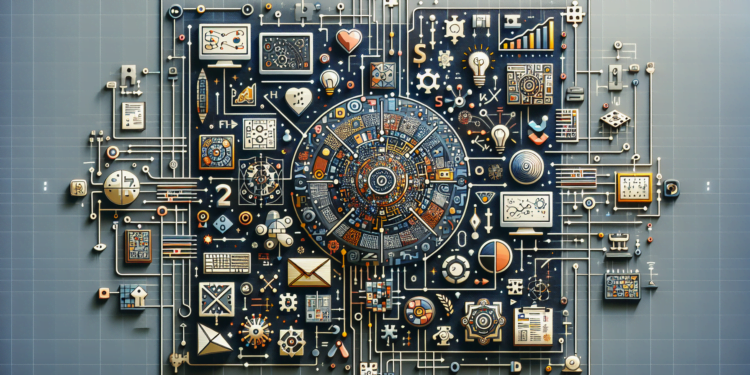Theoretical Foundations
Artificial Intelligence (AI), a multidisciplinary field that originated in the 1950s, has dramatically evolved from its foundational theories. At its core, it seeks to replicate or simulate human intelligence through machines. Alan Turing, one of the pioneers, posed the famous question “Can machines think?” in his 1950 essay. Since then, AI has branched into various areas, such as machine learning, computer vision, natural language processing (NLP), and more recently, deep learning.
Initially, AI was based on predefined logical rules and decision trees. However, the emergence of artificial neural networks and increased computing power allowed for a new paradigm where machines learn from data, identify patterns, and make predictions without explicit programming.
Recent Advances
AI has recently seen significant advancements driven by the development of deep learning algorithms. Convolutional Neural Networks (CNNs) have improved the state of the art in image analysis and computer vision. On the other hand, Recurrent Neural Networks (RNNs) and, more recently, Transformers, have revolutionized the area of NLP, enabling systems like GPT-3 with surprisingly human-like text generation capabilities.
A key innovation in algorithms is reinforcement learning, which allows agents to learn how to make decisions by optimizing rewards through interaction with an environment. This has led to achievements such as the development of AlphaGo by DeepMind, which defeated the Go world champion in a game known for its strategic complexity.
Practical Applications
The practical applications of AI are as vast as its subdisciplines. In healthcare, AI algorithms analyze medical images to detect diseases with superhuman accuracy. In the automotive industry, autonomous vehicles use AI to navigate in the real world. In finance, AI systems perform high-frequency trading operations and manage investment portfolios.
An emerging and relevant sector is AI in sustainability and the environment, where algorithms are used to optimize the generation and distribution of renewable energy, as well as to monitor and model climate change.
Comparison and Projection
Compared to previous methodologies based on fixed rules, modern AI is more dynamic, scalable, and has achieved complex levels of abstraction. One of the current challenges is the development of explainable AI (XAI), which allows understanding the reasoning behind AI decisions, crucial for critical applications.
Regarding projections, AI is headed towards greater integration with other emerging technologies such as the Internet of Things (IoT) and robotics. Also, there is speculation about the advent of general artificial intelligence (AGI), AI with the capability to learn and understand any intellectual task that a human can perform.
Case Studies
An illustrative case study in advanced AI is DeepMind’s AlphaFold project, which has achieved protein structure predictions with unprecedented accuracy, a crucial advance for bioinformatics and drug design. Another is the use of AI in personalized education, where platforms can tailor learning materials to each student’s style and pace.
Conclusion
AI continues to transform every facet of society, unleashing unlimited potential for innovation and progress. As we move forward, the symbiosis between humans and AI systems will become even closer, outlining a future where artificial intelligence seamlessly integrates into the fabric of daily life. The scientific and technological community must, therefore, advocate for ethical and fair AI that benefits humanity as a whole.






















